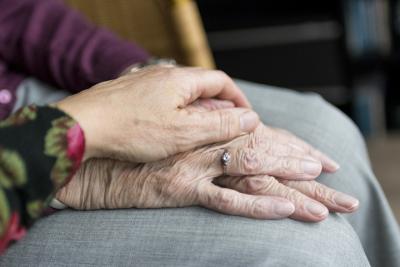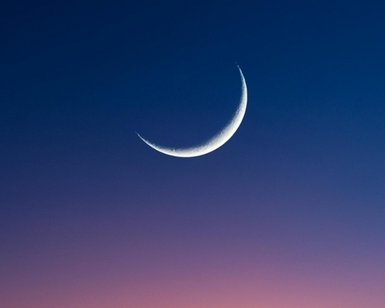People who struggle to get to sleep in the West Midlands say they are drugging themselves just to drop off – and nearly a fifth say they have had to see their doctor about the problem.
A third (31%) of people in the West Midlands say they have used medication or alcohol to get to sleep and 90% say they struggle to drop off for at least three nights a week.
Nine per cent of those surveyed said they had taken antidepressants and a further four per cent said they had taken anxiety medication just to get to sleep, according to a survey for Gravity Blankets by Atomik Research.
Nine per cent of people in the West Midlands say they take sleeping tablets, while five per cent admit to using narcotics such as codeine, morphine or other opiate painkillers just to get to sleep.
Two-thirds (64%) of all adults in the West Midlands say their worries keep them up at night, tossing and turning over their health, family and money.
Nearly a fifth (17%) of those surveyed in the region said they had been to the doctor about their sleep problems.
The research showed that anxiety and depression play a major part in people’s inability to get some shut-eye.
Two-fifths (33%) of those surveyed said they suffered from anxiety and 28% said they had suffered from depression.
And 29% described themselves as ‘TATT’ – or Tired All The Time.
Most (90%) of people in the West Midlands say they struggle to get to sleep at least three nights a week, with some of the biggest factors being unable to switch off, restlessness and thinking over to-do lists.
Eighty-seven per cent of those surveyed say they drink an average of at least four cups of tea or coffee when they are tired, although six per cent say they have seven cups or more.
People in the West Midlands also say they tuck into more calories when they are feeling tired, with 18% saying they eat extra cakes or sweets, 17% saying they eat extra biscuits and 13% saying they neck more fizzy drinks.
Therapist and Gravity Blankets co-founder Joanna Goliszek said: “Britain’s inability to get a good night’s sleep is a huge cause for concern. Sleep is essential for healing the body and the mind but the demands of modern life mean that we are on the go from dawn till dusk.
“Many of us feel compelled to check work emails before bed or we find ourselves worrying about our families, our health or our money problems in the small hours.
“All of this weighs heavily on our minds and, as our survey shows, this accumulated anxiety or depression affects our ability to get to sleep.
“It is particularly worrying that young people are turning to medication to get off to sleep and, while it is understandable, we would encourage anyone who is having trouble sleeping search out more natural alternatives.”















